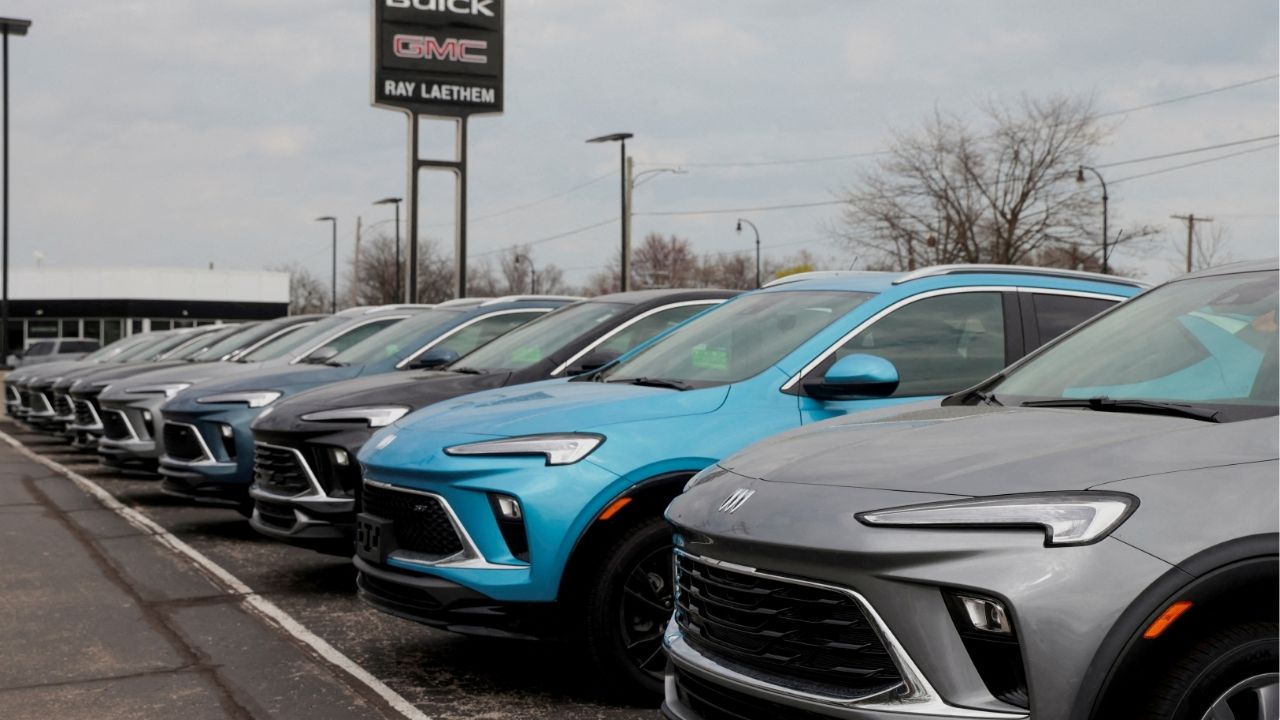California Governor Gavin Newsom has vetoed a bill that would have permitted car dealers to impose an additional fee of up to $175 on vehicle purchases. This decision, announced on Monday, comes as part of a broader effort to address the financial burdens faced by consumers in the state.
Senate Bill 791 aimed to raise the cap on fees that dealers can charge for processing necessary paperwork, which currently stands at $85. The proposed change would have allowed fees to increase to 1% of the vehicle’s purchase price, with a maximum limit of $260. In his veto message, Newsom expressed concern that the fee increase was unjustifiable, noting that car buyers would be paying dealers for “only minutes of data entry.” He emphasized that “at a time when Californians are already struggling with the high cost of living,” the proposed increase would significantly exceed what an inflation adjustment would warrant.
The president of the California New Car Dealers Association, Brian Maas, expressed disappointment over the veto, stating that California’s current fee cap is “by far the lowest in the country.” Maas argued that the now-defunct fee increase would have still placed California dealers among the lowest fee structures nationally. He pointed out that car dealers are facing increased operational costs due to new legislation, and argued that other businesses are allowed to offset these costs through service charges, while car dealers are restricted by the state-mandated cap.
Legislative Context and Consumer Protections
The veto is particularly notable given that Newsom recently signed Senate Bill 766, which imposes additional regulations on car dealers aimed at protecting consumers during vehicle transactions. This legislation includes a unique provision allowing buyers to return a used vehicle for a full refund within three days if the purchase price is less than $50,000. The law also mandates that dealers disclose all costs upfront and prohibits them from charging for unnecessary add-ons, such as free oil changes for electric vehicles. This law is scheduled to take effect on October 1, 2026.
Maas criticized the increasing regulatory burdens placed on car dealers, noting that the new responsibilities under SB 766 only added to the existing pressures. He described the veto of SB 791 as particularly disappointing given the new requirements.
Despite the challenges faced by car dealers, the fee increase proposal managed to pass through the legislature, which has focused on reducing costs for consumers this year. The Senate initially considered a more expensive version of the bill that suggested a fee hike to $500, which received overwhelming support with only one dissenting vote from Senator Henry Stern. Following public and legislative scrutiny, the bill’s author, Senator Dave Cortese of San Jose, reduced the proposed fee to $260 in the Assembly. Cortese defended the fee increase as necessary for dealers to cover the substantial paperwork required for each sale.
Consumer Advocacy and Future Implications
Consumer advocates welcomed Newsom’s veto, viewing it as a significant victory for car buyers in California. Rosemary Shahan of Consumers for Auto Reliability and Safety expressed elation over the rejection of what she termed a “junk fee” increase. She highlighted the new three-day cooling-off period as a crucial improvement, allowing buyers to review their purchase without pressure and seek independent inspections to ensure they do not purchase defective vehicles.
Shahan referred to Newsom’s actions as “huge wins for California car buyers,” reflecting a growing emphasis on consumer rights within the state. The political landscape surrounding car sales and regulations continues to evolve, with the potential for further changes as both consumer protection measures and dealer regulations are debated in the legislature.
As California grapples with the balance between protecting consumers and supporting local businesses, the implications of Newsom’s veto may resonate beyond the immediate context of car sales, influencing future legislative discussions on economic regulation and consumer rights across the state.
